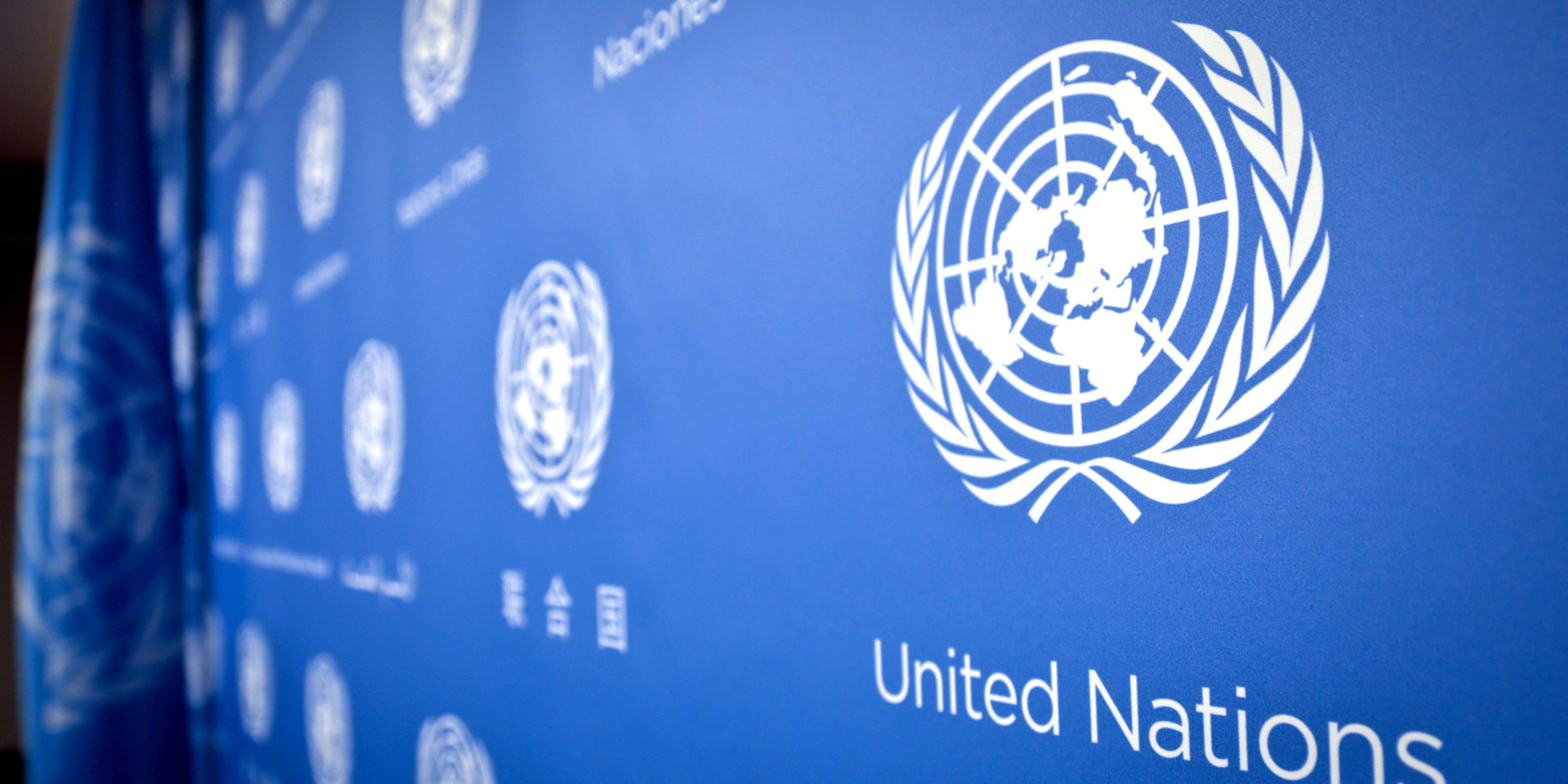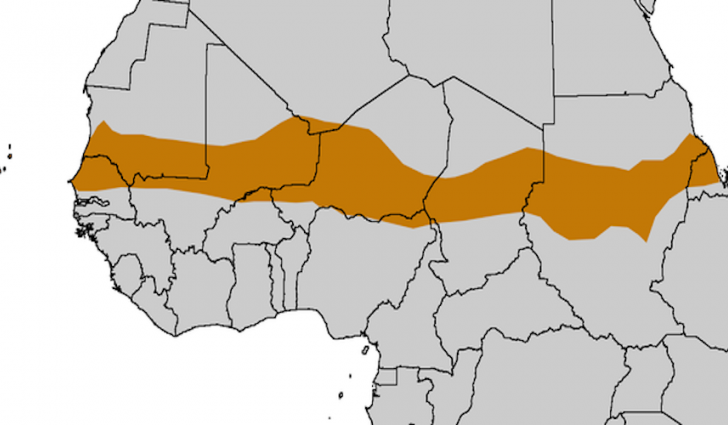Sequel to the incessant killings by suspected Fulani herdsmen in Benue State, a coalition of socio-cultural groups in the state, comprising Mdgzou U Tiv, Idoma National Forum and Omi’Ngede, have resolved to drag the Federal Government before the United Nations.
Also, a popular lawyer from the state, Prof. Agbo Madaki, has said that in addition to the efforts by the groups, the spate of killings in the state had left himself and other prominent persons in the state with no option but to drag the concerned authorities before the International Criminal Court at The Hague, Netherlands.
They, therefore, called on the international bodies to carry out an immediate and an independent investigation into the “heinous” killings of Benue people, which they described as an act of terrorism.
The groups also accused the Federal Government of being complicit in what they described as an attempt to wipe out the Tiv nation in the country.
Speaking to newsmen on Friday, the President General, Mdgzou U Tiv, Chief Edward Ujege, said the group was already collating materials detailing the activities of herdsmen attacks in the state, which he said had led to the death of hundreds of people and destruction of properties.
He stressed that the spate of attacks in the region was an act of terrorism, alleging that the Tiv people in Benue, Nasarawa and Taraba states had been the target of the series of attacks on the region by the suspected herdsmen.
He said, “Our group, comprising of Mdgzou U Tiv, Idoma National Forum and Omi’Ngede, have decided to formally write the United Nations to raise the issue of the crisis in Benue State, particularly, the ethnic cleansing in Benue.
“Within the past four months, hundreds of people were killed in Benue and properties worth billions of naira also destroyed, due to the activities of these herdsmen.
“This is pure ethnic cleansing because the whole attacks have been on the Tiv ethnic group of Nasarawa, Taraba and Benue states. However, we have compiled all the attacks, the attendant casualties and destruction of property in all these areas, which we are attaching to our report.”
The Amnesty International had said that as of January 30, the herdsmen crisis had claimed 168 lives, while it lamented in a statement by its country’s director, Osai Ojigho, that in 2017, 549 deaths were recorded across 14 states, while thousands were displaced.
However, between January and the time of filing this report, several other persons had been killed, including the recent attack on Ukpor-Mbalom in Gwer East Local Government Area of Benue State, where 19 Tiv people, including two priests, were killed during morning Mass.
Meanwhile, Madaki, who expressed his full support for the move to approach the UN, lamented that the killings had crippled every aspect of the lives of Benue people and the economy of the state.
“This has left the state with no other available option than to lodge a formal complaint with the Prosecutor at the International Criminal Court of Justice at The Hague, who can in the process cause an investigation into the killings. It is not necessary that it must be the state government that would lodge the complaint,” he said.
He added, “We lawyers, groups and individuals will collect data of these mindless attacks and lodge a formal complaint to the office of the Prosecutor so that those behind the killings can be investigated.
“The good thing about the ICC is that, usually the person responsible for the crime or had the greatest responsibility for committing these crimes under the status has no immunity. So, if the President is behind the killings, he can be investigated.”
He noted that under Article 7 of the Charter of the United Nations, “the security council can also make a reference to the International Criminal Court at The Hague for such person to be investigated.”
According to him, the killings in Benue have a trace of terrorism.
Recall that President Muhammadu Buhari had come under heavy criticism over his statements on the killings in the country during his visit to Taraba State on March 5, 2018, where he said the crisis in Mambilla Plateau in Taraba State had claimed more lives than herdsmen killings in Benue and Zamfara states.
The President of the National Council of Tiv Youths, Chief John Akperashi, had described the President’s statement as the height of insensitivity, saying it was an attempt to trivialise the killings in the state.
Meanwhile, the Chairman of the Nigeria Bar Association, Makurdi Branch, Emmanuel Agbakor, said a team of lawyers in the state had carried out an assessment of the level of destruction of lives and properties in the state with the intention to pursue legal action against the military and leadership of Miyetti Allah Kautal Hore.
Agbakor, who frowned at the manner the Federal Government is handling the killings of innocent persons in the state by suspected herdsmen, said the branch had taken the government and the nation’s security chiefs to the ICC for their “unholy silence” over the killings.
“What is happening in Benue is genocide; a crime against humanity, which is an international crime, among many others being perpetrated across the states in the country,” he added.
Reacting to the killings, the Mutual Union of Tiv in the United Kingdom, known as MUTUK, said on Friday that President Buhari’s “failure” to act decisively on the killings in Benue State was condemnable, saying it had worsened the security situation in the state.
In a statement by the President of the union, Mr. Kuram Gwakyaa, in Jalingo, the Taraba State capital, the union said it was high time the Federal Government stepped in to resolve the situation in Benue.
The statement partly read, “The failure of President Buhari to act in time thus far is reprehensible and it is high time the government stepped in to resolve the wretched situation in Benue.
“We acknowledge the need to act in any way we can and we the Tivs in the UK are working to identify further measures we can take in the coming days and will communicate these in due course. However, we will not stop telling the world what is happening in Benue until the international community turns its eyes on Benue and justice has been served.”
The union also condemned what it described as “grotesque killings” in Benue and especially the most recent incident at St. Ignatius Catholic Church, Ukpor-Mbalom in Gwer East Local Government Area, where 19 Tiv people, including two priests, lost their lives in an attack on a church during morning Mass.


